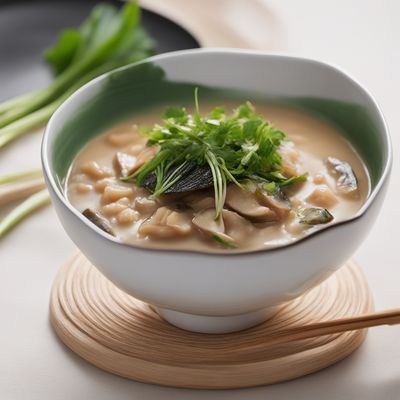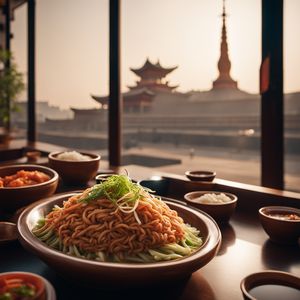
Dish
Jeonbokjuk
Abalone Porridge
Jeonbokjuk is made by boiling abalone in water until it becomes soft and tender. The abalone is then chopped and added to a pot of cooked rice along with some salt and sesame oil. The mixture is then simmered until it becomes a thick and creamy porridge. Jeonbokjuk is a nutritious dish that is high in protein and low in fat. It is also a good source of vitamins and minerals, including calcium, iron, and vitamin B12.
Origins and history
Jeonbokjuk has been a popular dish in Korea for centuries. It is believed to have originated in the Goryeo Dynasty (918-1392) and was originally made with rice and medicinal herbs. Over time, the dish evolved to include abalone and other ingredients such as vegetables and mushrooms.
Dietary considerations
Jeonbokjuk is a gluten-free and dairy-free dish that is suitable for people with celiac disease or lactose intolerance. It is also a good option for people who are trying to lose weight or maintain a healthy diet.
Variations
There are many variations of Jeonbokjuk, including those that use different types of seafood, such as shrimp or clams. Some recipes also call for the addition of vegetables such as carrots or mushrooms.
Presentation and garnishing
Jeonbokjuk is typically served in a bowl and garnished with chopped scallions or sesame seeds. The porridge should be thick and creamy, with a smooth texture. It should be served hot and eaten slowly to savor the flavors.
Tips & Tricks
To make Jeonbokjuk, be sure to use high-quality abalone that is free from any impurities or contaminants. It is also important to rinse the rice thoroughly before cooking to remove any excess starch. Finally, be sure to simmer the porridge over low heat to prevent it from burning or sticking to the bottom of the pot.
Side-dishes
Jeonbokjuk is often served with side dishes such as kimchi, pickled vegetables, or steamed eggs. It can also be topped with chopped scallions or sesame seeds for added flavor and texture.
Drink pairings
Jeonbokjuk pairs well with a variety of drinks, including green tea, barley tea, or white wine.
Delicious Jeonbokjuk recipes
More dishes from this category... Browse all »
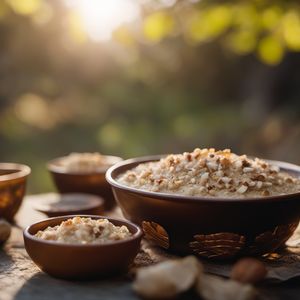
Acorn Mush
Native American cuisine
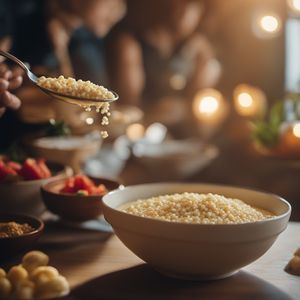
Ajdova kaša
Slovenian cuisine
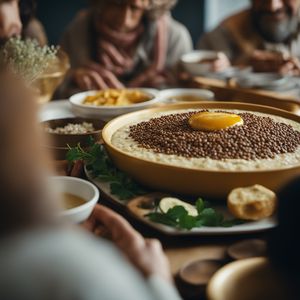
Ajdovi žganci
Slovenian cuisine
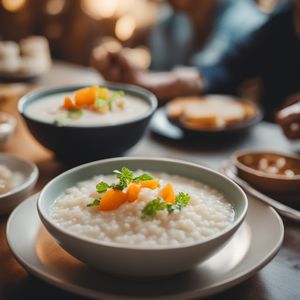
Babor
North African cuisine

Banosh
Ukrainian cuisine
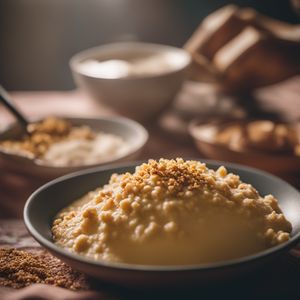
Bogobe jwa lerotse
African cuisine

Bohinjski žganci
Slovenian cuisine

Broodpap
Dutch cuisine

